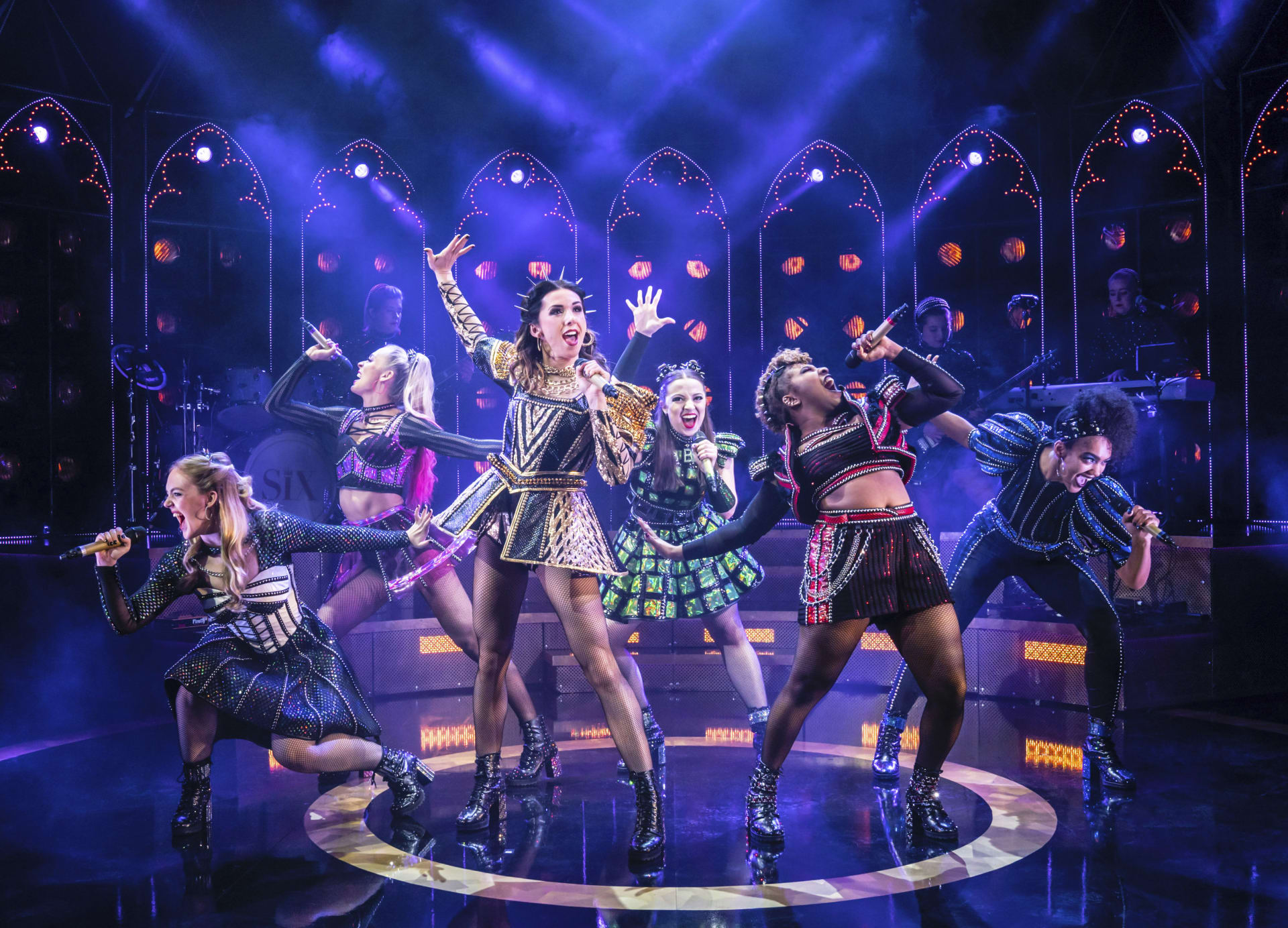It’s one of those parties. You know the ones. The canapés are just the wrong size to eat in a single bite, and although you know the host quite well everyone else seems to be on close terms with each other and getting along famously. There is probably some insufferable literary type there, and as they have no friends (I can say this, I am the insufferable literary type at parties) they corner you, blocking your route to the mulled wine (I would never…). No one can be expected to read the entire literary output in a single year, so here is a handy cheat-sheet to allow you to escape back to the warmth of the kitchen as quickly as possible.
The Testaments – Margaret Atwood
Why you should have heard of it:
It’s Margaret Atwood. It’s the sequel to The Handmaid’s Tale. The publishers lit up a large part of the London skyline acid-green in celebration of publication.
Summary:
Three interlinking stories in a slightly changed, more entrenched Gilead. We revisit Aunt Lydia, meet Agnes – a young woman who has known nothing except the confines of the religious state – and Daisy, a bolshy teenager in the free lands of Canada. The narratives entwine to become a dystopian thriller, offering (much-needed) glimmers of hope against encroaching totalitarian regimes.
What to say:
Well, of course it is brilliant, but I’d really like to talk about Girl, Woman, Other.
What not to say:
Do we really need another book about women being oppressed? In 2019?
For the Record – David Cameron
Why you should have heard of it:
It’s the memoir of our old Prime Minister. Bookshop tours were cancelled. Politics happened.
Summary:
In the way of political memoirs, it goes from Cameron’s childhood, through his years at Oxford, contains a few minorly amusing anecdotes about other world leaders, and leads inexorably towards his decision to call the referendum. It has some genuinely poignant moments, but also quite a lot of self-explanation, if not always reflection. It’s a chunky one, coming in at over 700 pages, but it is lucidly written. There are genuine highs – his campaigns for marriage equality against fierce opposition from fellow party members – but the book is dominated by Brexit.
What to say:
Well, all of the profits are going to a range of charities, including those that work with disabled children and people with Alzheimer’s disease. That’s good.
What not to say:
Sorry, I can see the chipolatas coming round, thank you for reminding me.
Machines Like Me – Ian McEwan
Why you should have heard of it:
McEwan is a (literary) tiger. A giant of the species, solitary yet social, requiring large amounts of… attention. He also seemed to suggest that this book was the first literary and intelligent science fiction.
Summary:
In an alternative history where the United Kingdom lost the battle for the Falklands, the UK leaves the EU, and through some other bits of massaging history, 1980s Britain is extremely technologically advanced. What do you do with this computer renaissance? Build… er… sex robots. Sort of. The woman model sells out instantly. Enter Charlie, a sad and unremarkable everyman who fails in his attempts to play the stock market, buys one of these rare sex robots, and flirts with his upstairs neighbour Miranda (who happens to be a decade younger. Bien sûr.) This ends up with an uncomfortably inhuman triangle of what could be called relationships.
What to say:
I can see call-backs to McEwan at the height of his powers, but I disagree that he somehow elevated science fiction.
What not to say:
So, that reservoir of water in Adam’s left buttock, huh? 50 shades of chrome.
Three Women – Lisa Taddeo
Why you should have heard of it:
It’s been everywhere since it was published this summer, it’s an account of three different American women and their attitudes towards sex and relationships, it has a pretty timeless front cover.
Summary:
Maggie is in her early 20s and feels the after-effects of a relationship with a teacher when she was still in high school. Lina is in her 30s, living in the mid-west, going back to a school-time romance. Sloane is a slightly older swinger. There’s mental health and sexual assault, but for all of that it presents an overwhelmingly white and middle-class view of women’s sexuality. Even when trying to be even-handed, Taddeo presents relationships and love for women as a relentlessly sad business.
What to say:
I think it is time we explored different versions of womanhood in literature.
What not to say:
I really related, you know. To the teacher?
Serotonin – Michel Houellebecq, translated by Shaun Whiteside
Why you should have heard of it:
Houellebecq won the Prix Goncourt earlier in his career, he’s a ‘bad boy’ of the French literary establishment, and if you can spell his name after a couple of drinks you automatically seem cool.
Summary:
Florent-Claude is nearing his 50s, living with his slightly dim (according to his description, at least) Japanese girlfriend, contemplates suicide, then decides to simply walk away and then spend many pages thinking about failed relationships, supermarkets, a strange sideways-precursor to the gilets jaunes, free trade, farming, and fellatio. It’s an oddly 90s-feeling novel, all pills and pornography and rampant self-indulgent misogyny, wrapped up in the veneer of French coolness that almost but does not quite hide the flaws.
What to say:
I feel that Houellebecq could be in dialogue with Will Self’s new memoir, don’t you think? Both being a little outdated. And pathetic.
What not to say:
Actually, it’s probably not best to engage in any sort of dialogue. Spill a glass of wine on your feet and avoid this one.








